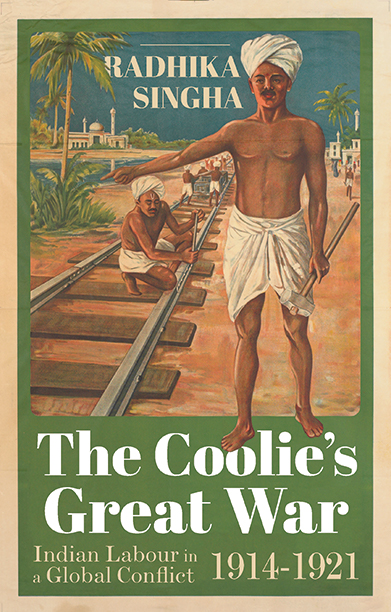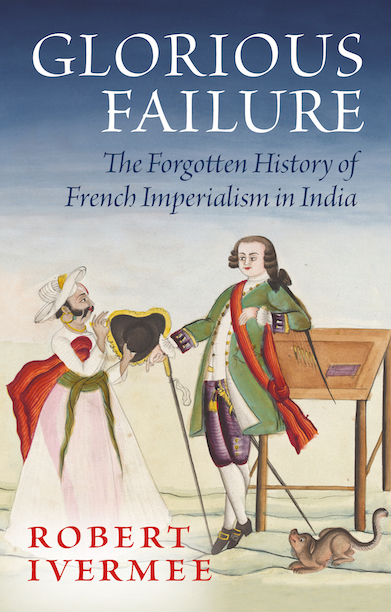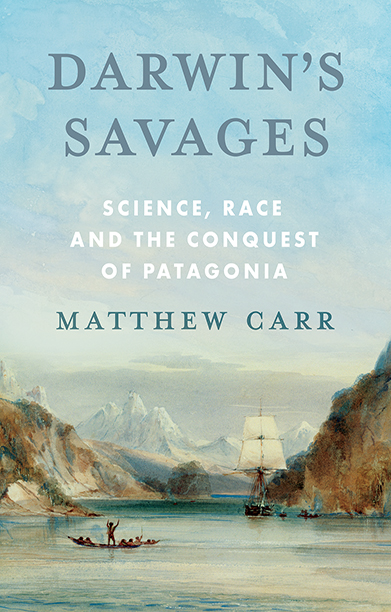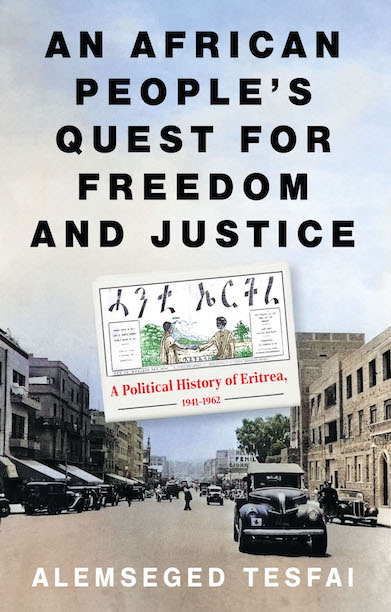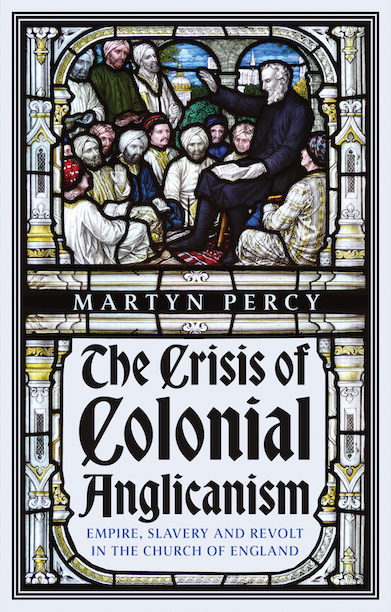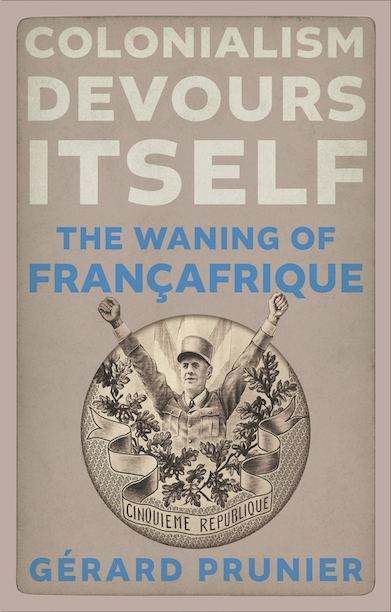The Coolie’s Great War
Indian Labour in a Global Conflict, 1914–1921
A spectacular history of the hundreds of thousands of unacknowledged Indian labourers who kept the Allied supply lines flowing in the First World War.
Description
Though largely invisible in histories of the First World War, over 550,000 men in the ranks of the Indian army were non-combatants. From the porters, stevedores and construction workers in the Coolie Corps to those who maintained supply lines and removed the wounded from the battlefield, Radhika Singha recovers the story of this unacknowledged service.
The labour regimes built on the backs of these ‘coolies’ sustained the military infrastructure of empire; their deployment in interregional arenas bent to the demands of global war. Viewed as racially subordinate and subject to ‘non-martial’ caste designations, they fought back against their status, using the warring powers’ need for manpower as leverage to challenge traditional service hierarchies and wage differentials.
The Coolie’s Great War views that global conflict through the lens of Indian labour, constructing a distinct geography of the war—from tribal settlements and colonial jails, beyond India’s frontiers, to the battlefronts of France and Mesopotamia.
Reviews
‘[Radhika Singha’s] thoughtful, meticulous history is sobering in what it reveals.’ — History Today
‘A pioneering work. Casting the humble coolie as the hero of her story, Singha effortlessly contextualises and places the military in a wider social setting. […] This is military history at its best [and] needs to be read by all.’ — The Book Review
‘The Coolie’s Great War is a tough read; not only because of its subject matter but also because of the extensive research and details pulsating through its pages. Bloated with archival accounts and evidence, the book does a commendable service in honouring the ones whose blood, sweat, and tears slid into the unknown.’ — The Daily Star
‘A powerful and enjoyable read.’ — The Wire
‘[A] remarkable feat of research.’ — Studies in History
‘[A] magnificent opus… one of the richest and most important works on South Asian history published in the past decade. Radhika Singha’s epic book is a testament to the power of patient, immersive scholarship. It Is a book of empathy and grace: rigorous, challenging and profoundly moving.’ — Biblio
‘A richly textured, many-layered, and carefully nuanced account of the half million plus labourers raised in India and deployed to support British operations in Europe, Africa, and the Middle East in World War I […] Its painstaking reconstruction of these hitherto overlooked veterans […] rescues them from the condescending obscurity into which they had been cast. It is an exceptionally timely study.’ — International Journal of Asian Studies
‘Singha’s work is a significant text, which will be important to scholars invested in the study of the British Empire, South Asia, colonialism, labor, and the Great War [but] could also appeal to a general audience who will surely enjoy the rich narrations about the little-known experience of the Coolie Corps in the Great War.’ — H-Asia
‘Retrieving the forgotten category of Indian menial labourers in the Great War, this magisterial study explores their fate in local and global sites, from pre-War conflict zones to post-War demobilisation, pulling together military, legal, labor and migration histories in a narrative that is as complex as it is compelling.’ — Tanika Sarkar, Retired Professor, Centre for Historical Studies, Jawaharlal Nehru University
‘Consolidating a decade of pioneering research, this is a book of rare scholarship and imagination. Combining extraordinary archival work with intricate attention to multiple historical frameworks, it recovers the minutiae of the “coolie” world to reconceptualise—quietly yet radically—the “global” history of the War.’ — Santanu Das, Professor of Modern Literature and Culture, All Souls College, University of Oxford
‘Among the recent bumper crop of World War studies, this magisterial work stands out. By examining the history of war as a history of work, Singha reveals the potency of global war as a catalyst of societal transformation in South Asia.’ — Ravi Ahuja, Professor of Modern Indian History, Georg-August University of Göttingen
‘This important work illuminates a little-known and fascinating aspect of the Indian experience of the First World War. It reveals insights not only into British imperial policy and the British Indian military, but also into Indian society and its development in the first part of the twentieth century.’ — Anatol Lieven, Professor, Georgetown University Qatar
Author(s)
Radhika Singha is Professor of Modern Indian History at Jawaharlal Nehru University, New Delhi. Her research interests focus on the social history of crime and criminal law, identification practices, governmentality, borders and border-crossing.
